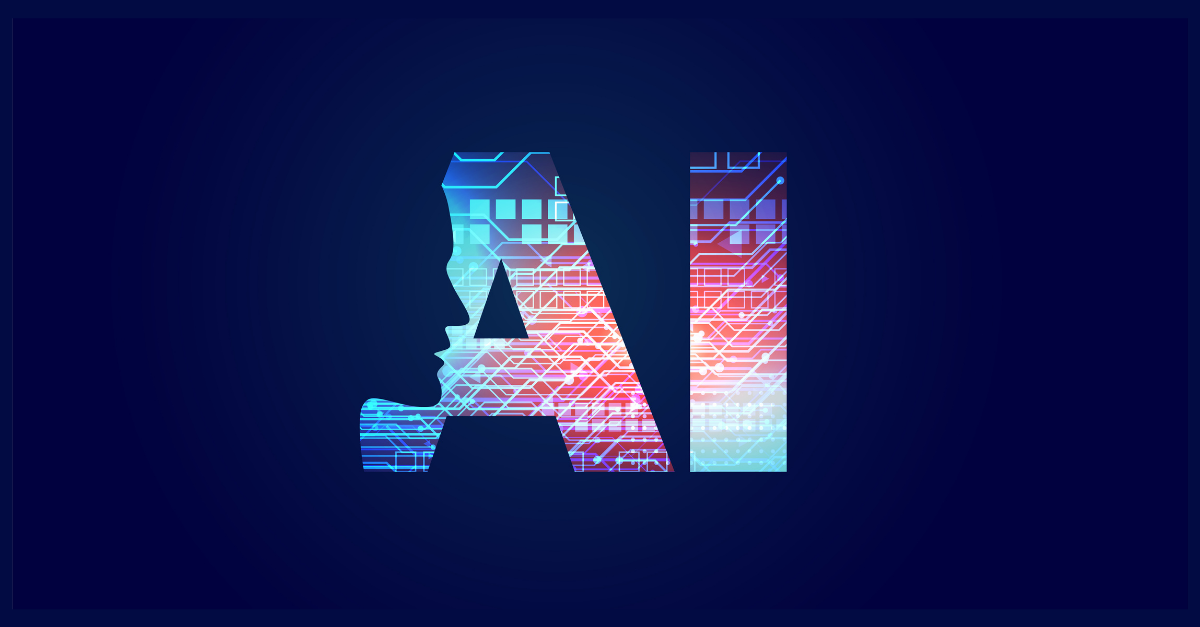
Understanding the Role of AI in Recruitment
The origin of Artificial Intelligence can be dated back in 1943 when Scientist William McCulloch and logician Walter Pitts invented the first piece of ‘artificial neuron’. It was then followed by the ideation of AI in the 1950s, achievement of AI landmark goals in the 1900s to early 2000s and at present, many organizations are bound to use and integrate AI to enhance their processes and eliminate repetitive tasks. However, the use of AI most especially in Human Resources draws a question on readiness and impact that it brings to fully harness its capabilities.
As experts in the human resource industry, we’ve seen the many benefits Artificial Intelligence (AI) can bring in sourcing and recruitment and we’re here to help HR professionals understand the role of AI and the benefits that it can bring to the whole talent attraction process. By the end of this article, we aim to guide both decision makers and end users slowly unlock the potential of AI recruitment tools.
Impact of AI in Recruitment
- AI Enhances the Role of HR
Just like in customer service, marketing, security and healthcare, Artificial Intelligence has many uses and applications in Human Resources starting with the development of Natural Language Processing (NLP), Conversational AI and many more. However, there are still questions raised by recruiters whether AI is the right way to go in recruitment. Most of which stem from the speculation that artificial intelligence will be replacing most jobs in HR.
Ever since the rise of AI in recruitment, a lot of end users think that due to the nature of AI being able to eliminate repetitive tasks, a consequence of this would be to eliminate certain roles in HR. However, this does not seem to be the case and this was addressed by a recent Gartner report that says, AI can eliminate millions of middle and low level positions as it continues to be developed however, despite this, one advantage it brings is the rise of at least 2.3 million additional jobs. This number is more than the 1.8 million jobs that are projected to be eliminated.
“AI will improve the productivity of many jobs, eliminating millions of middle- and low-level positions, but also creating millions more new positions of highly skilled management and even the entry-level and low-skilled variety.”- Svetlana Sicular, VP Analyst, Gartner
A better way to understand this is to see AI as a tool that can eliminate HR jobs such as repetitive, low end tasks that usually take a lot of time and not necessarily HR roles. Which was explained by Ken Lauzarus, CEO of Scout Exchange in an interview with HR Technologist. The future of recruitment involves the use of AI to enhance the role of HR making them focus on high level roles and decision making.
- AI can address common HR challenges
Aside from being able to take over repetitive tasks, the use of Artificial Intelligence in HR also has the following benefits:
- Remote Hiring
The current situation calls for a reduced face-to-face interaction which could be a challenge for HR professionals who are used to handling interviews on site. However, digital recruiting has been the new norm for many organizations from making use of chatbots, voice interviews, and application tracking systems (ATS) and many of them have seen the advantage of slowly transitioning some HR processes digitally.
- Volume Hiring
Even before the pandemic started, recruiters go through hundreds and even thousands of resumes on a daily basis. On average, a typical recruiter would spend one hour or so in screening and interviewing one applicant. On the other hand, with the use of AI tools, time spent on screening candidates is reduced to at least 26 hours while being able to screen a large number of candidates at scale. Another greater side of this is that everyone is given a chance to go through the hiring process providing equal opportunity for all applicants.
- Unbiased Hiring Decisions
The rise of AI in recruitment removes human biases when it comes to screening candidates and allows for scalability and data driven decision making. The many wonders of AI in recruitment includes its ability to provide real time, data-driven results that are not biased towards any race, tone of voice and gender.
Readiness for AI in Recruitment
As AI continues to be on the rise, it also continuously develops overtime to enhance more systems and processes in HR resulting in better openness and reach within the talent attraction space. According to Gartner’s 2019 Artificial Intelligence survey, 17% of organizations use AI-based solutions in their HR function and another 30% are expected to do so in 2022.
But how can HR professionals assess their readiness when it comes to integrating AI into their own candidate selection process? We took note of some features HR and recruiters can take note of when evaluating an AI tool:
- Must address a hiring pain point
- Must be based on diverse patterns and remove bias in hiring
- Can help increase productivity
- Can be customized according to business objectives
- Can increase and enhance the quality of hires
- Must save and not add to the time spent to process candidates
- Recruitment analytics should help HR and stakeholders improve their hiring ROI.
Some AI tools for recruitment have most, if not all qualifications involved but choosing the right platform to use boils down to what you want to achieve, what problems you want to resolve and what skills can the tool bring to your HR teams.

